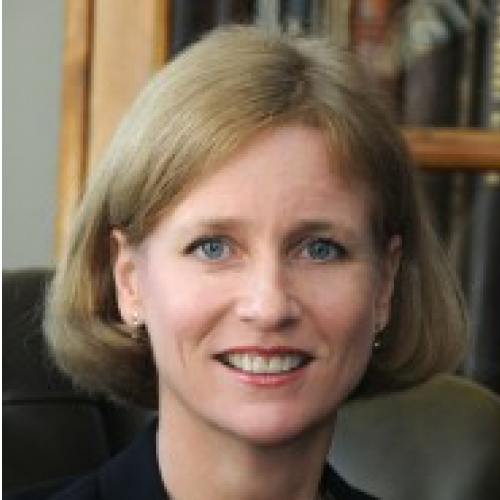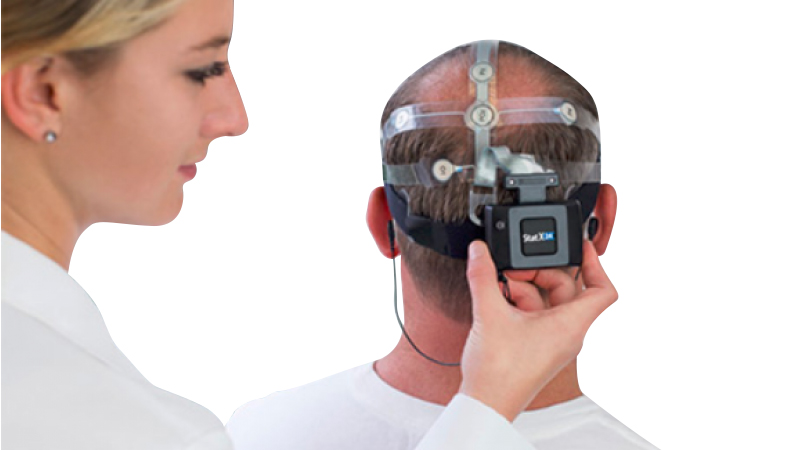个人简介
Biography:
A historian of Russian and European art from the 18th to the early 20th century, Rosalind Polly Blakesley (née Gray) was educated at the universities of Cambridge, Oxford and Moscow, and is now Professor of Russian and European Art at the University of Cambridge and a Fellow of Pembroke College, Cambridge. She is also the co-founder of the Cambridge Courtauld Russian Art Centre (www.ccrac.org.uk), a leading research centre dedicated to Russian and Soviet art, through which she has run a number of collaborative projects with museums, galleries and universities abroad.
Blakesley is a Syndic of the Fitzwilliam Museum, and has curated and contributed to the catalogues of exhibitions in London, Cambridge, Moscow, Darmstadt and Washington DC. She has also served on the boards of the Hamilton Kerr Institute and Kettle’s Yard and as a Trustee of the National Portrait Gallery, London, where she curated the exhibition Russia and the Arts and advised on its partner exhibition at the State Tretyakov Gallery, Moscow in 2016. For this collaboration, together with her prize-winning book The Russian Canvas, Blakesley was awarded the Pushkin Medal of the Russian Federation in recognition of her services to Anglo-Russian relations and the study of Russian art.
Blakesley has received research funding from the Arts and Humanities Research Council, British Academy, Leverhulme Trust, In Artibus Foundation and Association of Art Historians, among others, and was a Likhachev Foundation Cultural Fellow in St Petersburg in 2014. Media work includes Front Row and World at One on BBC Radio 4 as well as interviews for BBC Radio 3, Sky News, the Australian Broadcasting Corporation, Russian national television channels, Voice of Russia and the Russian Service of the BBC.
Teaching and Graduate Supervision
Blakesley’s teaching encompasses European art and theory from the 18th to the first half of the 20th century, as well as specialist courses in Russian art and the Arts and Crafts Movement. She has supervised a range of MPhil and PhD students working on aspects of art or architectural history in Britain, Scandinavia, the Russian Empire and the Soviet Union, including countries such as Georgia and Finland.
Recent or current topics of her graduate students include printmaking and the imagery of St Petersburg; artists in emigration; cross-generational relations; defaced images in Soviet Russia; Finnish and Norwegian painting and architecture; women artists; the visual legacy of Evelyn Waugh; and many aspects of cross-cultural exchange.
These projects have been funded by, among others, AHRC studentships, including an AHRC Collaborative Doctoral Award with the Ashmolean Museum, Oxford; Gates Cambridge; Cambridge International Scholarships; the Centre for East European Language-Based Area Studies (CEELBAS); and the Leverhulme Trust.
Blakesley is unable to accept MPhil students until the 2022-23 academic year due to her Leverhulme Major Research Fellowship from 2020-22, but she is currently accepting PhD students. Potential candidates are encouraged to get in touch by following the advice at this link:
Research Interests
Blakesley specialises in artistic dialogue and differentiation in eastern and northern Europe, with particular interests in portraiture; the history of artistic education and professionalization; women artists; and ways in which questions of nationhood and artistic identity intersect with broader cross-cultural concerns. Collectively, her various research projects have been concerned with establishing international frameworks for ambitious but often marginalised artistic endeavour; instantiating the art of Russia and the Baltic region within the European mainstream; and uncovering the transnational formation of supposedly national schools.
Blakesley’s current research project, ‘Russia, Empire and the Baltic Imagination’ (funded by a Leverhulme Major Research Fellowship from 2020-2022), examines Russia’s artistic engagement in the Baltic region throughout the imperial period, and the role of the Baltic Sea as a unique membrane for transcultural exchange. Focusing on paintings, prints and drawings, together with the key sites for their production, circulation and cross-fertilisation, it considers alternative centres of gravity and models of modernity in which a rich nexus of artistic practice still consigned to the peripheries of Europe takes centre stage.
Blakesley is also developing a monograph and exhibition on Emily Shanks, a British artist resident in Russia in the late 19th and early 20th centuries. The first woman to be elected a member of Russia’s epochal Association of Travelling Art Exhibitions (the Peredvizhniki), Shanks’s work confounds the realist/impressionist divide, and highlights the porosity of artistic categorisations in the twilight of imperial rule.


















